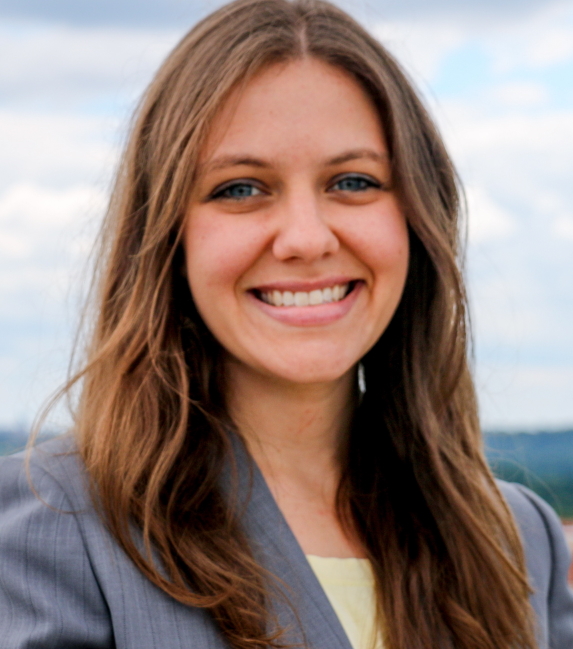Fall 2019, Issue 1, pp. 14–15
[Online 25 Oct. 2019, Article A005]
[PDF]
How I Found Religion and Public Health: A Recent Student Perspective
Jordan Danielle Burns[1]
Editors’ Note: The PHRS Bulletin expects to regularly feature accounts and reflections from early career professionals in public health about their discovery, training, knowledge, work, and reflections upon spiritual and religious factors in public health.
Religion is an important element of public health practice. This first became evident earlier in my academic career, but has been reinforced throughout my current role as an Africa Regional Malaria Advisor for the U.S. President’s Malaria Initiative. An interest that started out as mere curiosity about other religions and cultures first evolved into a path of coursework and skill-building, and has now proven quite useful for working in a global health development context.

It took time to make this discovery. As an undergraduate student at the University of Louisville, I was pre-med with a Biology major and Religious Studies minor. My interest in comparative religion, as if my dorm poster of Buddha quotes wasn’t cliché enough, stemmed from a general curiosity about belief systems and rituals different from the ones I was exposed to as a child growing up in a rural Appalachian community. Frankly, the liberal arts nerd inside craved the luxury of crafting a class schedule where I got to study Evolutionary Biology of Disease in the morning and head to The Hebrew Bible in the afternoon. After a year abroad in Brazil with the program Public Health, Race, and Human Rights, I completed a second minor in medical anthropology and began leaning more towards a career in public health. At this time, I also began to notice that religion “showed up” in my studies of the health sector more than I had expected. Starting with discussions of medical ethics and the role of faith healing traditions, I soon understood that religion could serve as an important source of social support/control/capital, and finally as a determinant of health.
To pursue these ideas further, I completed a Master of Public Health degree in Global Epidemiology at Emory University’s Rollins School of Public Health, and added a Certificate in Socio-Contextual Determinants of Health. While I did not graduate formally from a Religion and Public Health program, I benefited from studying at a place where these intersections were acknowledged, studied, and valued. My thesis topic focused on factors that influenced religious leaders’ perceptions of HIV/AIDS epidemic severity using a dataset from the Malawi Religion Project. During my studies, I remember being intrigued by the 2014 WHO guidance around safe and dignified burial protocols which required consultation and collaboration with local religious leaders and were key to reducing Ebola transmission in West Africa. Examples of religion and public health impacting one another could be found everywhere! Years prior, I sought variety in my class schedule to keep my interest; now it became apparent that critical public health challenges were complex and benefited from different domains of study.
I graduated with my MPH in 2015, and have been working since 2016 as a U.S. President’s Malaria Initiative Africa Regional Malaria Advisor. Public health has been a fulfilling career thus far, in part due to its inter-sectoral nature, spanning governmental, religious, and other non-governmental sectors. I work with government counterparts, other donors, and stakeholders to plan and monitor investments in malaria prevention and control. Partnerships at community and institutional levels enhance those objectives. As people of authority, influence, and spiritual direction in the community, religious leaders are positioned to promote behavior change communication. Faith-based organizations play a role in service delivery and shaping policies. For all these reasons and more, public health practitioners must consider problems and solutions in a cross-sectoral way, which can involve engagement with religious groups. Health outcomes are influenced heavily by broader systems they operate within. Therefore, opportunities that support students to cultivate diverse interests can create well-rounded and better-equipped professionals. Curiosity about other ideas, perspectives, and cultures is what initially drew me to coursework around religion and public health, but truly valuing the contributions of others has become an important lesson in professional practice and is essential as we all strive to promote health and wellbeing for all.
[1]^Jordan Danielle Burns, Africa Regional Malaria Advisor, U.S. Agency for International Development – Contractor: Public Health Institute/Global Health Technical Professionals (jorburns@usaid.gov).
